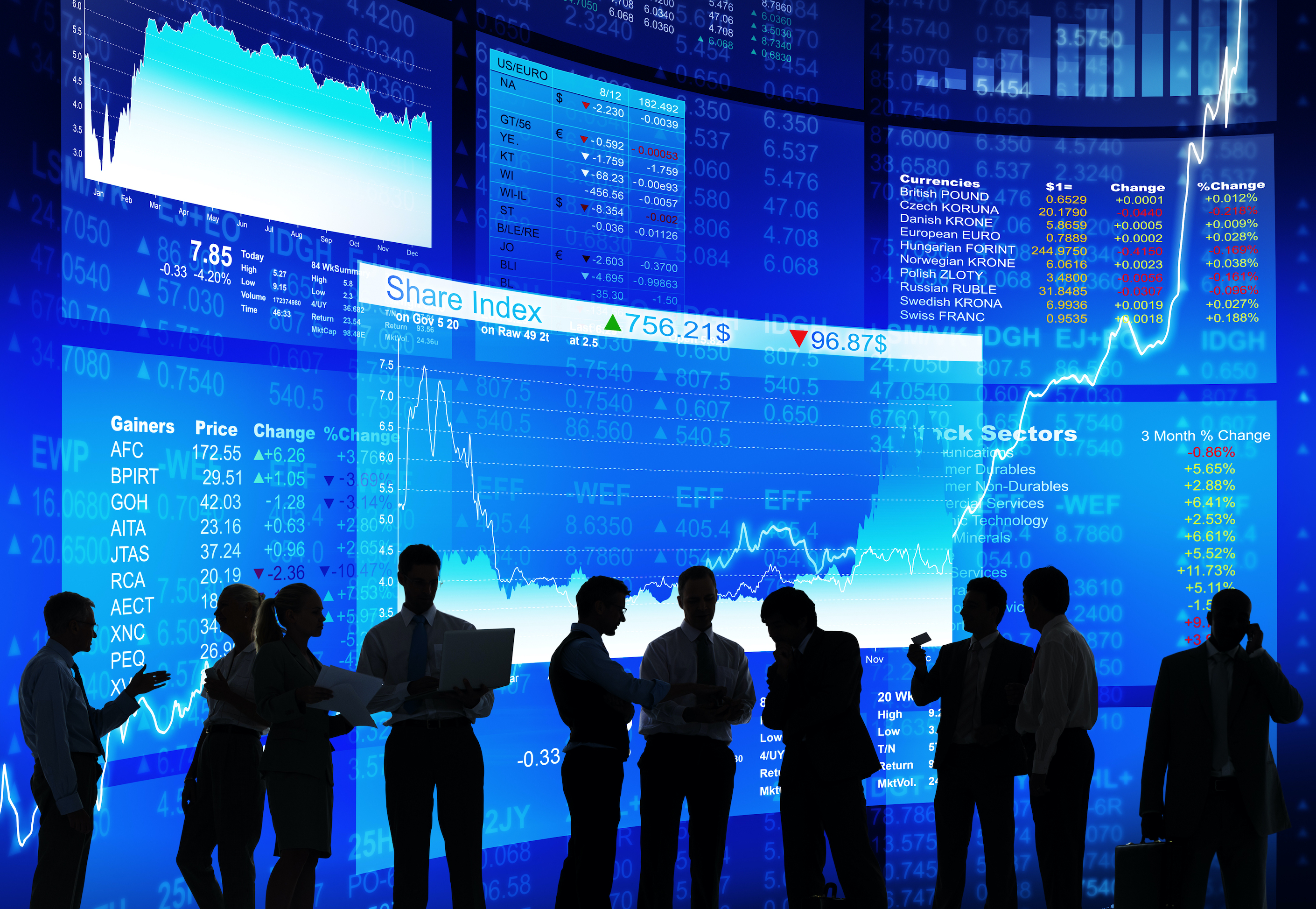For instance, when financial traders buy and sell securities or commodities, they’re making bets on the direction of markets or trying to protect assets from market fluctuations. That’s actually something that all of us have to do, even outside of the financial world, because of the way that the financial economy has grown since the 1970s, particularly in the United States and Europe. Over the last 40 years, financial markets have become a force not only driving the economy but also our cultural, social and political lives.
How financial markets drive our cultural, social and political lives
Professor of Social and Cultural Analysis
- Since the 1970s, financial markets have evolved from being a force driving the economy to one that also drives our cultural, social and political lives.
- Financial traders talk about profits and losses in terms of “ticks” rather than dollars, which helps them keep their working and their personal lives separate.
- Risky financial speculation is now something ordinary people feel pressured to engage in, simply to support their families.
What we mean when we talk about values
It’s important to understand finance not only as an economic system but also as one that has social, cultural and political dimensions. Finance isn’t only how we get things that we need in the world. It’s also about what we think, what we value, who we value and what we do.
“Value” can mean many different things. Within a financial economy, it often has to do with price. But when we talk about values more broadly, we may also be referring to things like love and commitment. As an anthropologist, I’m very much concerned with our sense of responsibility and obligation – which are always organised around values – like the growth of our children.
The ubiquity of markets
There are lots of different ways to study finance. As an anthropologist, I started by looking at how financial traders worked. I did this because financial traders work inside markets in a way that really encapsulates the pressures that so many other people feel.

Photo by katjen.
The importance of “discipline”
Financial traders have to make a very clear dividing line between what they do inside and outside the place they call the market. One thing they do to separate their work from their regular lives with their families is to create a kind of currency. They call the profits and losses they make in the market “ticks”. They don’t name those profits and losses with dollars, at least not immediately. They instead look at how their strategy is coming together by separating it from any money they might use to, say, pay college tuition or buy food for their children. By calling market money ticks, they actually create a kind of separation between the market and the world outside. They also create a separation by putting their families as far out of their minds as possible. Traders regard themselves as “disciplined” when they’re able to focus all of their attention on the market and its movements.
Financial asceticism
Among traders, they say that thinking about your partner or children is a kind of corrupting force in your decision-making. They say that you will start to lose money inside the market if you begin considering the consequences of your actions outside the market.
Maintaining this kind of separation between the market and the outside world requires a certain kind of asceticism, a devotion that we don’t usually associate with finance or with economics. However, it makes more sense if we start to think about the economy within a broader context; how economic action resembles and draws on religious ideas and practices, for example.
The goal of discipline is to bring financial traders as close as possible to the market so that they can be as reactive as possible to market signals. And that necessarily puts distance between them and those outside that world, even the people who are closest to them.
Doing “God’s work”
Financial traders have faith in financial markets. We saw this in the wake of the 2008 crash, when Lloyd Blankfein, then head of Goldman Sachs, said that they were doing “God’s work”, by which he meant they were providing liquidity and enabling the market to exist in the first place.
Within that logic, the value of the market is that by pricing goods, commodities and financial securities, it gives us an idea about what society values. That’s an idea fundamental to the history of neo-liberal thought. It dates all the way back to Friedrich Hayek. It’s an idea that is also very powerful in our politics today.
An anthropologist on the trading floor
As an anthropologist, I’m interested in the everyday conditions of traders and how they learn to operate within financial markets. Where do they go to work? What do those places look like? Who do they go to work with? How do they measure the value that they might gain from financial trading?

Photo by Rawpixel.com.
When I was researching my first book, Out of the Pits, I worked with traders on the floor, first at the Chicago Board of Trade, then at one of the busiest financial futures markets in the world, and later in the City of London. These are the kinds of places where financial traders learn to operate – on trading floors, surrounded by other traders. This environment creates a kind of speculative tournament where traders are not only trying to make money but also trying to gain social standing within that world. That world is, of course, very masculine. It measures the virtue of traders by seeing who will make the most money. But money is not only about currency or exchange; it is also about who is good at what they do and what kind of social standing they might be able to achieve.
The paradox of financial security
Speculation has gained a negative connotation because there is a sense – rightly – that it’s a way of making money from the movements of money itself.

Photo by abugrafia.
Does that bring any value to people outside the market? Is this the kind of economic activity that we should be encouraging and organising our politics around? These are good, important questions.
Speculation has become central to modern life, as finance has gained more and more importance in our economy, society and politics. Speculation is the practice of putting down money now for an uncertain outcome later. Its central value is risk taking. You can’t escape risk in an economy centred around finance. Risk taking is something that ordinary people who have no involvement in hedge funds or private equity are pressured to do in order to support their families. This is paradoxical, of course. How can financial security be an outcome of speculation? It’s a question we should all be asking our political leaders.
Discover more about
finance and speculation
Zaloom, C. (2006). Out of the Pits: Traders and Technology From Chicago to London. The University of Chicago Press.
Zaloom, C. (2012). The Ethics of Wall Street. Society for Cultural Anthropology.
Zaloom, C. (2016). The evangelical financial ethic: Doubled forms and the search for God in the economic world. American Ethnologist, 43(2), 325–338.